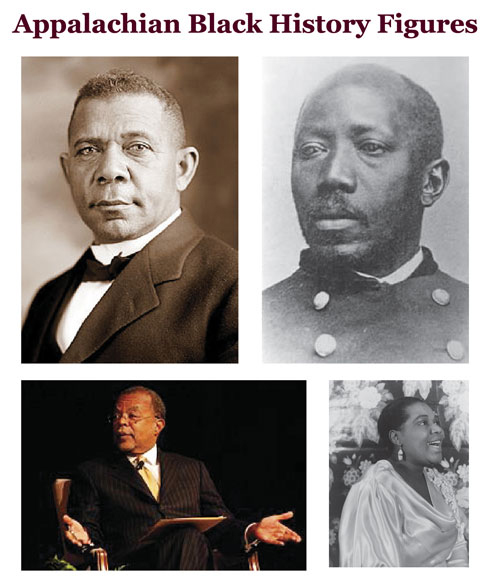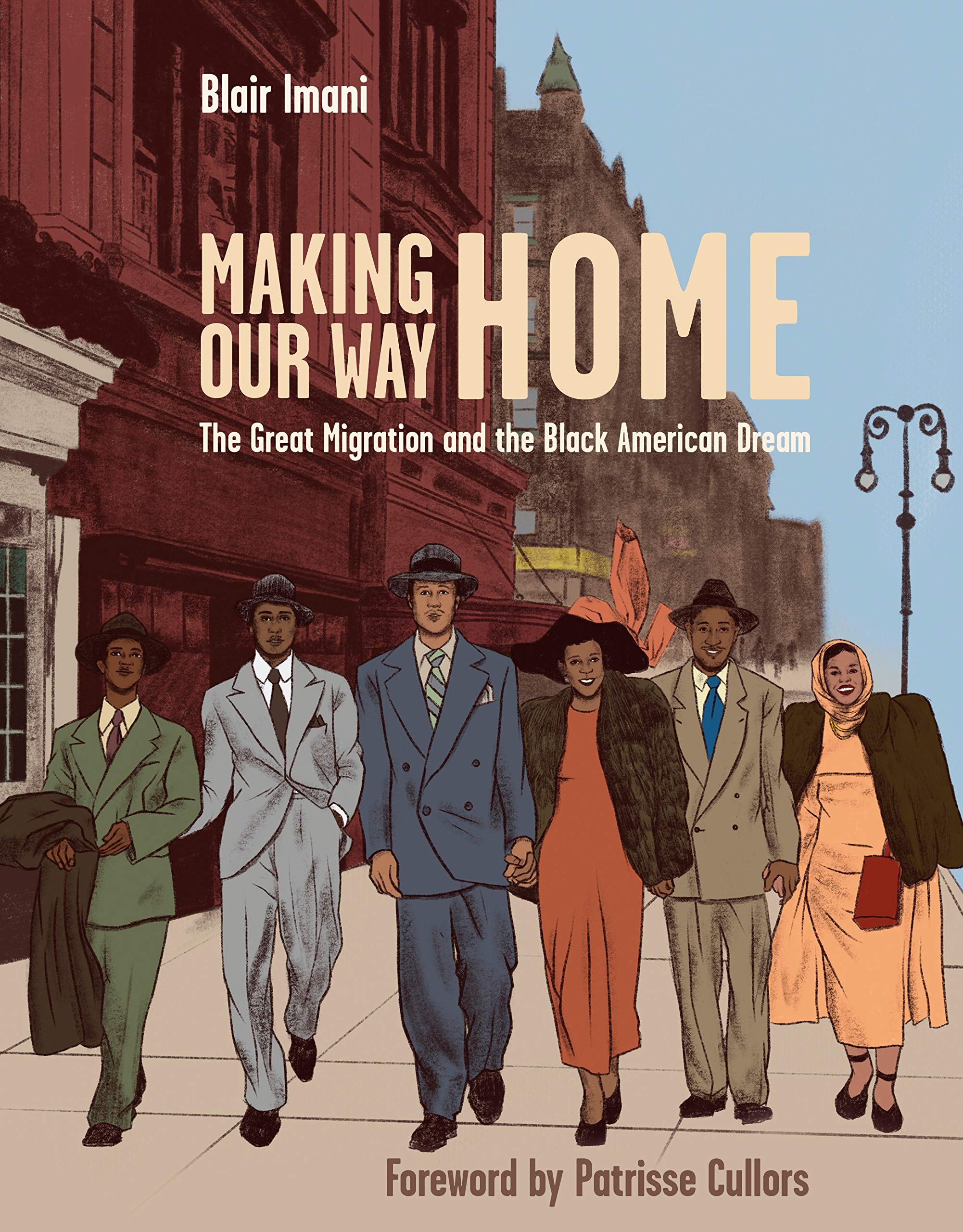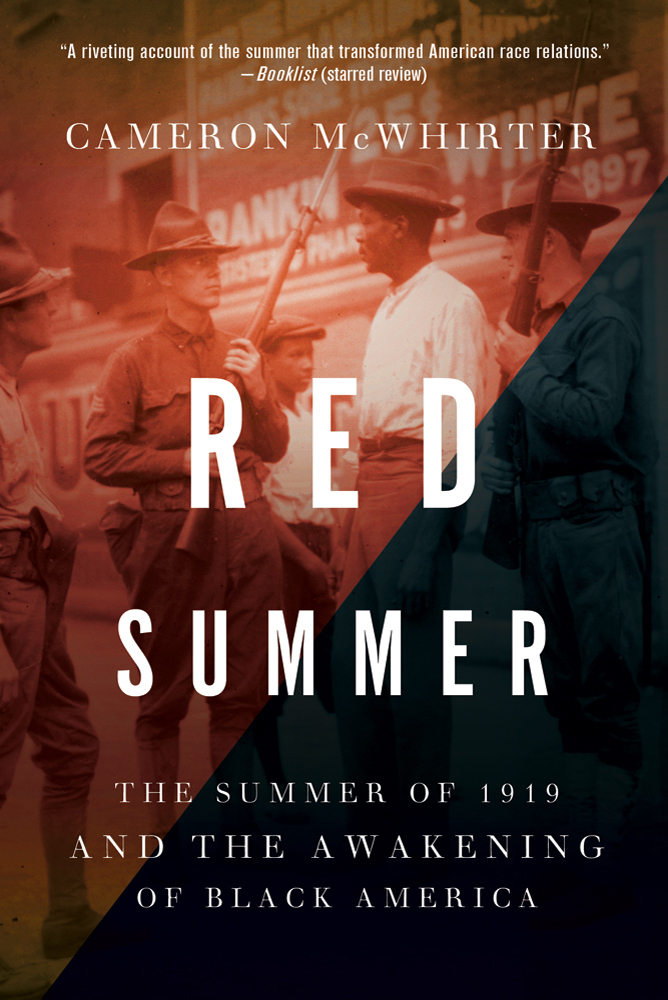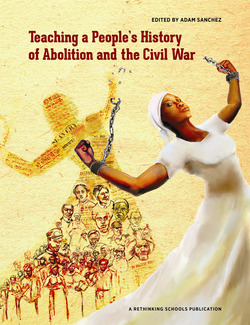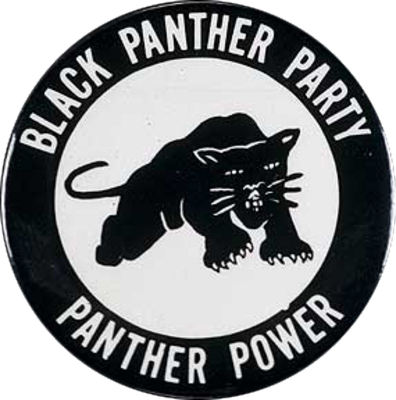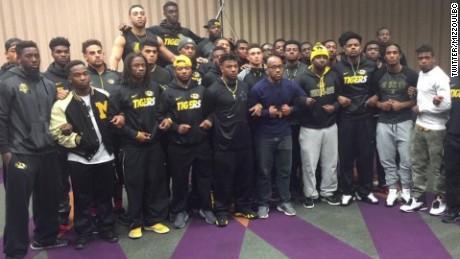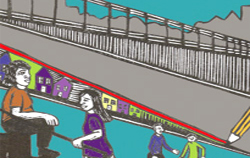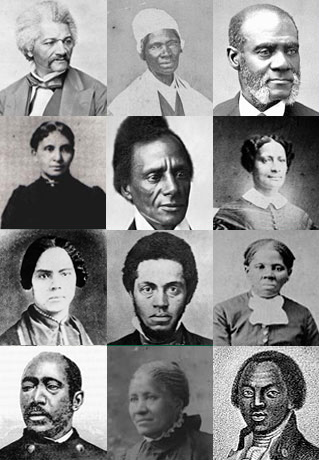Stripmining Black History Month
In “Stripmining Black History Month,” Jeff Biggers writes that “the neglect and degradation of a region and its history have always mirrored the neglect and abuse of the land.” And there is no more abused land in the United States than Appalachia, where coal companies continue to scrape away mountains to get at the thin coal seams buried within. The coal companies call everything that is not coal, “overburden” — streams, trees, animals, plants. Surely history itself is also a burden for the coal companies, because if we knew our history, we would know the rich legacy of activism that has characterized Appalachia — activism that does not conform to the whitewashed ignorant “hillbilly” stereotypes that the rich and powerful have found so convenient to promote.
Fugitive Pedagogy: Carter G. Woodson and the Art of Black Teaching
Book — Non-fiction. By Jarvis R. Givens. 2021. 320 pages.
Details the long assault on Black education that occurred from the period of enslavement through the life of one of the founders of the Black studies tradition, Carter G. Woodson.
Continue reading
Details the long assault on Black education that occurred from the period of enslavement through the life of one of the founders of the Black studies tradition, Carter G. Woodson.
Making Our Way Home: The Great Migration and the Black American Dream
Book — Non-fiction. By Blair Imani. 2020. 192 pages.
An illustrated chronicle of the Great Migration and African American history in the 20th century.
Continue reading
An illustrated chronicle of the Great Migration and African American history in the 20th century.
Red Summer: The Summer of 1919 and the Awakening of Black America
Book — Non-fiction. By Cameron McWhirter. 2012. 368 pages.
A chronicle of white supremacist violence in major U.S. cities across the nation after World War I.
Continue reading
A chronicle of white supremacist violence in major U.S. cities across the nation after World War I.
Teaching a People’s History of Abolition and the Civil War
Teaching Guide. Edited by Adam Sanchez. 2019. Rethinking Schools. 181 pages.
Students will discover the real abolition story, one about some of the most significant grassroots social movements in U.S. history.
Continue reading
Students will discover the real abolition story, one about some of the most significant grassroots social movements in U.S. history.
What We Don’t Learn About the Black Panther Party — but Should
By Adam Sanchez and Jesse Hagopian
Continue reading
Black Panther Party history holds vital lessons for today’s movement to confront racism and police violence, yet textbooks either misrepresent or minimize the significance of the Black Panthers.
This local organizing that Panthers engaged in has been erased in the textbooks, yet it is precisely what won them such widespread support. Armed with a revolutionary socialist ideology, as the Panthers grew, so did what they organized around. They fought in Black communities across the nation for giving the poor access to decent housing, health care, education, and much more.
This local organizing that Panthers engaged in has been erased in the textbooks, yet it is precisely what won them such widespread support. Armed with a revolutionary socialist ideology, as the Panthers grew, so did what they organized around. They fought in Black communities across the nation for giving the poor access to decent housing, health care, education, and much more.
The Missouri Tigers and the Hidden History of Black College Football Activists
Article. By Dave Zirin. 2015.
The protest by the University of Missouri football team placed in the context of a long history of activism by college athletes.
Continue reading
The protest by the University of Missouri football team placed in the context of a long history of activism by college athletes.
“Why Is This the Only Place in Portland I See Black People?”: Teaching Young Children About Redlining
Teaching Activity. By Katharine Johnson. Rethinking Schools. 10 pages.
An elementary school teacher introduces the history of redlining through a role play designed for 1st and 2nd graders.
Continue reading
An elementary school teacher introduces the history of redlining through a role play designed for 1st and 2nd graders.
Black Abolitionists
Profiles. Zinn Education Project. 2014.
Brief biographies of 25 Black abolitionists.
Continue reading
American History Lessons
The original idea for the Zinn Education Project’s “If We Knew Our History” column grew out of our reading “American History Lessons,” by Melissa Harris-Perry in The Nation magazine. Harris-Perry’s article, reproduced here, is a meditation about the role of Black History Month.
She argues that we suffer from a “national deficit of historical knowledge” and that this deficit has contemporary political consequences. If we knew our history, she suggests, people would be less likely to follow the bigots who patch together historical symbols and soundbites to justify their right wing nostrums. And if we knew our history, we’d be more likely to appreciate and defend the accomplishments of social movements.
She argues that we suffer from a “national deficit of historical knowledge” and that this deficit has contemporary political consequences. If we knew our history, she suggests, people would be less likely to follow the bigots who patch together historical symbols and soundbites to justify their right wing nostrums. And if we knew our history, we’d be more likely to appreciate and defend the accomplishments of social movements.

